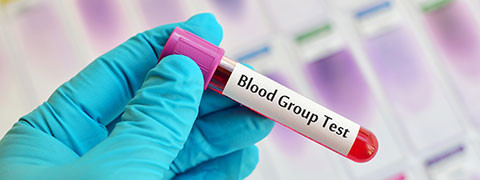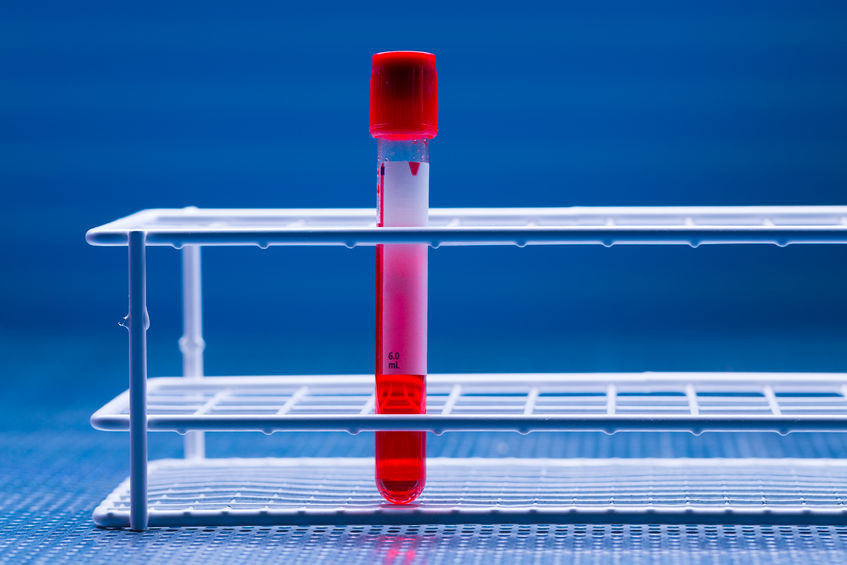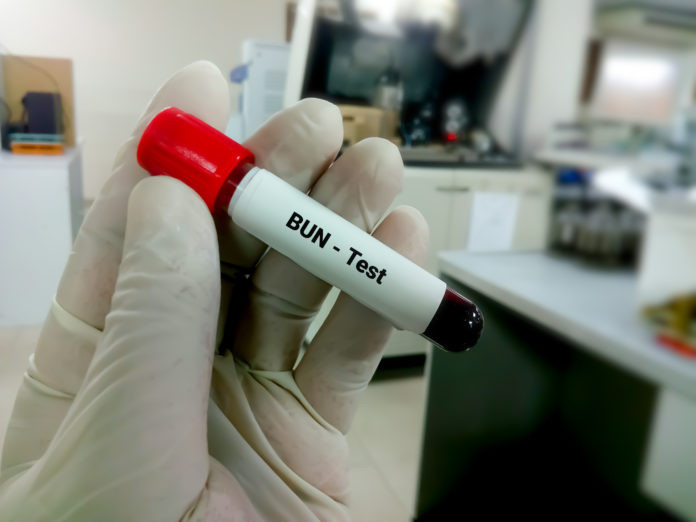Definition
The Rhesus factor (Rh) test is performed to detect the presence of the rhesus protein on red blood cells. This protein, inherited genetically from the father, varies among individuals based on factors such as age, gender, ancestry, and ethnicity. Approximately 85% of the population possesses the rhesus protein.
Individuals with this protein are classified as Rh positive, while those without it are termed Rh negative. The absence or presence of the rhesus protein is not a medical concern but a normal genetic variation.
The Rhesus factor test is particularly significant during the first trimester of pregnancy. It determines the mother’s Rh status since a negative Rh factor in the mother and a positive Rh factor in the baby can lead to rhesus incompatibility. This condition may cause severe pregnancy complications and pose a risk to the baby's life due to a reduction in red blood cell levels.
Indications
This test is commonly conducted during pregnancy but is also recommended in the following scenarios:
- First trimester of pregnancy
- Planning for pregnancy
- History of negative Rh factor when the partner is Rh positive
- Need for a blood transfusion
- Blood donation plans
Contraindications
There are no specific medical conditions that would prevent someone from undergoing a rhesus factor test. This procedure involves routine blood sampling from a vein using a syringe and is considered safe for individuals of all ages.
Preparation Before the Test
No special preparations are required before a rhesus factor test. However, it is advisable to consult a doctor beforehand to discuss relevant medical history, including pregnancy history, a family history of rhesus factor differences, or recurrent miscarriages.
Test Procedure
The rhesus factor test involves taking a blood sample from a vein.
- The healthcare provider will first identify a suitable vein, typically located in the crease of the arm.
- A tourniquet is placed around the upper arm, and the patient is instructed to clench their fist to make the veins more prominent.
- The area is cleaned with an antiseptic solution, such as alcohol, to maintain sterility.
- Once the area is dry, the provider will insert a needle into the vein.
- A small amount of blood, approximately 0.3 to 0.5 mL, is drawn into a syringe.
- The tourniquet is removed, and the needle is withdrawn. The puncture site is then pressed with an alcohol-soaked cotton pad to prevent bleeding.
The collected blood sample is sent to the laboratory for analysis.
Normal and Abnormal Values
The rhesus factor test does not yield "normal" or "abnormal" results. Instead, it determines whether an individual is Rh positive or Rh negative.
The type of rhesus factor varies among individuals based on age, gender, race, and other factors. The results do not signify any specific health condition.
Positive rhesus factor indicates the presence of rhesus protein on red blood cells. Meanwhile, negative rhesus factor indicates the absence of rhesus protein on red blood cells.
Results and Recommendations (Further Testing)
A positive rhesus factor result does not indicate any disease or medical condition. Around 85% of the population is Rh positive, and having rhesus protein is generally typical. In such cases, there is no risk of Rh antibodies forming in the blood, eliminating the need for further testing.
A negative rhesus factor result, while not indicative of a serious health condition, can raise concerns during pregnancy. If the mother is Rh negative and the baby inherits a positive rhesus factor from the father, it may trigger an incompatibility reaction.
In cases of Rh incompatibility, early antibody screening is recommended. If antibody screening reveals the presence of Rh antibodies, the risk of incompatibility is high. If no antibodies are detected, immunoglobulin therapy is administered at 28 weeks of pregnancy to prevent antibody formation, which could otherwise damage the baby's red blood cells.
Consult the Right Doctor
While the rhesus factor test results themselves do not indicate a health problem, pregnant individuals with Rh-negative results and a partner with Rh-positive results should consult an obstetrician. This ensures appropriate monitoring and management of any potential incompatibility issues.
Want to know information about laboratory, radiology, and other test results? Click here!
- dr Ayu Munawaroh, MKK
Rh Factor – Cleveland Clinic. (2022). Retrieved 6 August 2022, from https://my.clevelandclinic.org/health/diseases/21053-rh-factor
Rh Factor Blood Test – MayoClinicLaboratories. (2022). Retrieved 6 August 2022, from https://www.mayoclinic.org/tests-procedures/rh-factor/about/pac-20394960
Rh Typing – University of Rochester Medical Center. (2022). Retrieved 6 August 2022, from https://www.urmc.rochester.edu/encyclopedia/content.aspx?contenttypeid=167&contentid=Rh_typing
Griffin, M. (2021). Rh Factor. WebMD. Retrieved 6 August 2022, from https://www.webmd.com/baby/rh-factor
Taylor, M. (2021). Rh Factor Testing and Pregnancy. What To Expect. Retrieved 6 August 2022, from https://www.whattoexpect.com/pregnancy/pregnancy-health/prenatal-testing-rh-factor/#positive
Nguyen, TP. (2021). Rh Incompatibility During Pregnancy. KidsHealth. Retrieved 6 August 2022, from https://kidshealth.org/en/parents/rh.html












